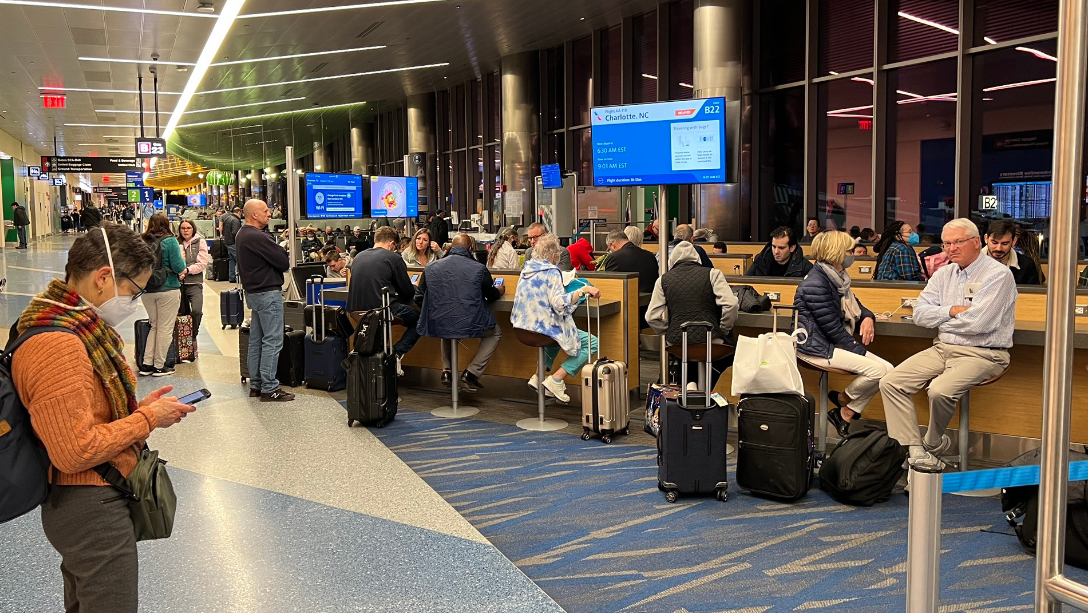
Monthly passes still make up the largest chunk of fare revenue at the MBTA, but they no longer produce a majority of those dollars as rider patterns have shifted in the wake of the pandemic, according to the latest T data.
MBTA officials said last week that about 40% of the agency's total fare revenue in fiscal 2024 came from monthly passes, down from 51% in fiscal 2019, before COVID-19 hit.
WATCH ANYTIME FOR FREE
>Stream NBC10 Boston news for free, 24/7, wherever you are. |
Stored value tickets, which allow commuters to buy a certain dollar value at once and use it whenever they wish, represented 30% of fare revenue in fiscal 2024 (up from 24% in fiscal 2019), and commuter rail tickets also made up a higher share at 19% (up from 14%).
Like many transit agencies around the country, the MBTA is grappling with financial headaches partly related to sluggish ridership growth after the pandemic. The T collected about $671 million in fares in fiscal 2019, representing 31% of its operating revenue. In fiscal 2025, officials expect to haul in only $403 million from fares, or 15% of all operating revenues.
Get updates on what's happening in Boston to your inbox. Sign up for our >News Headlines newsletter.
The agency last increased fares in 2019. Officials said Thursday that inflation has increased all other costs by about 23% since then.
Partway through the presentation, outgoing board chair Thomas Glynn emphasized: MBTA leaders, who next fiscal year expect to face a budget gap of hundreds of millions of dollars, are not at this point proposing any additional changes or fare hikes.
"You're not making any proposals, but we're getting asked a lot of questions from various stakeholders, partly because of the task force," Glynn said, referencing a transportation funding task force that must submit a report to Gov. Maura Healey by the end of the year. "We're just trying to provide background information. We're not advocating [for a change]."
Local
In-depth news coverage of the Greater Boston Area.
T officials have said they expect a shortfall of nearly $700 million in fiscal year 2026, which starts July 1, and could run out of cash in the first quarter without additional state aid or budget cuts. It's not clear if they will turn to a proposed fare increase next year to help close that gap.
House budget chief Aaron Michlewitz hinted last week that he wants to direct extra surtax money toward transportation investments, especially capital projects at the MBTA.



